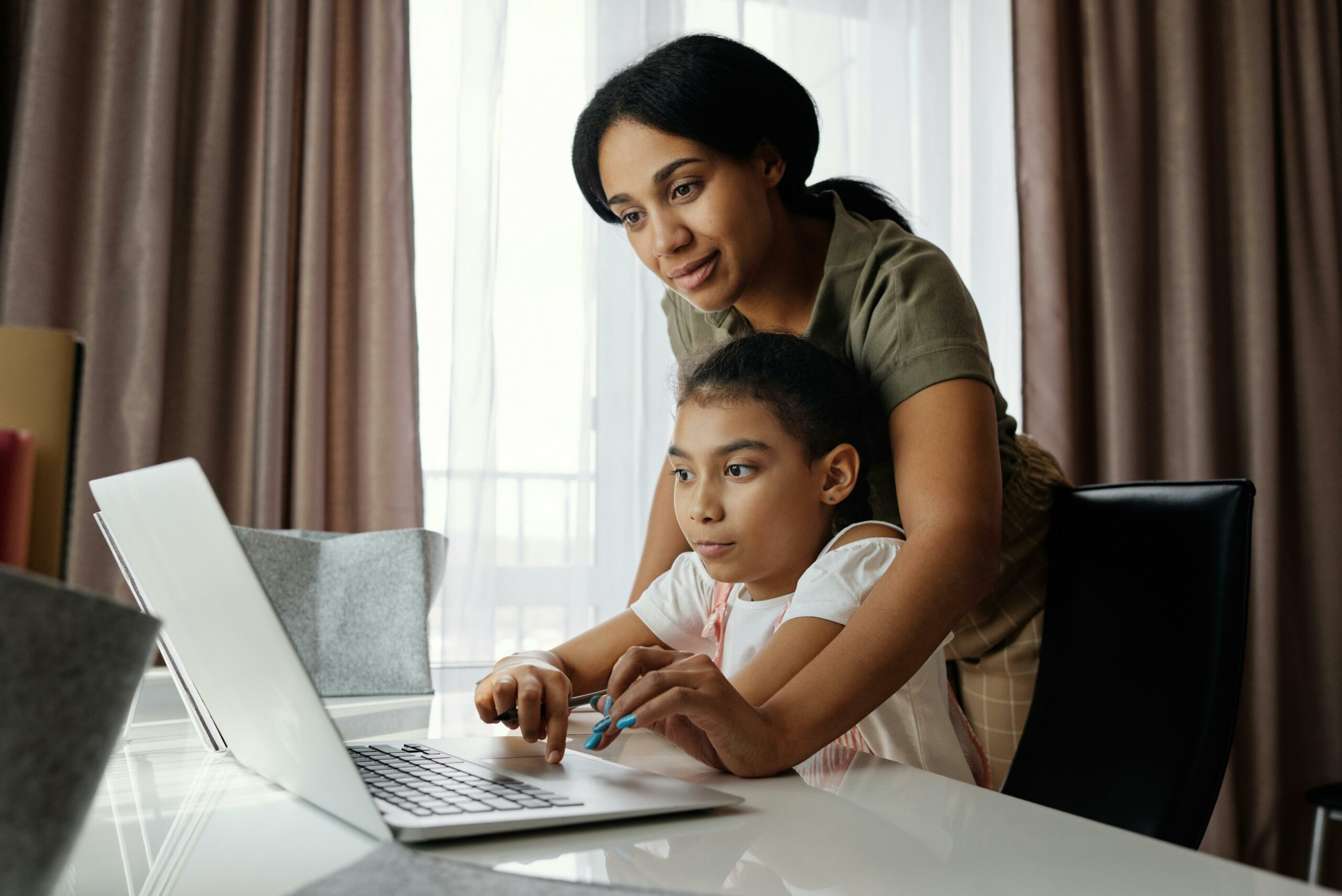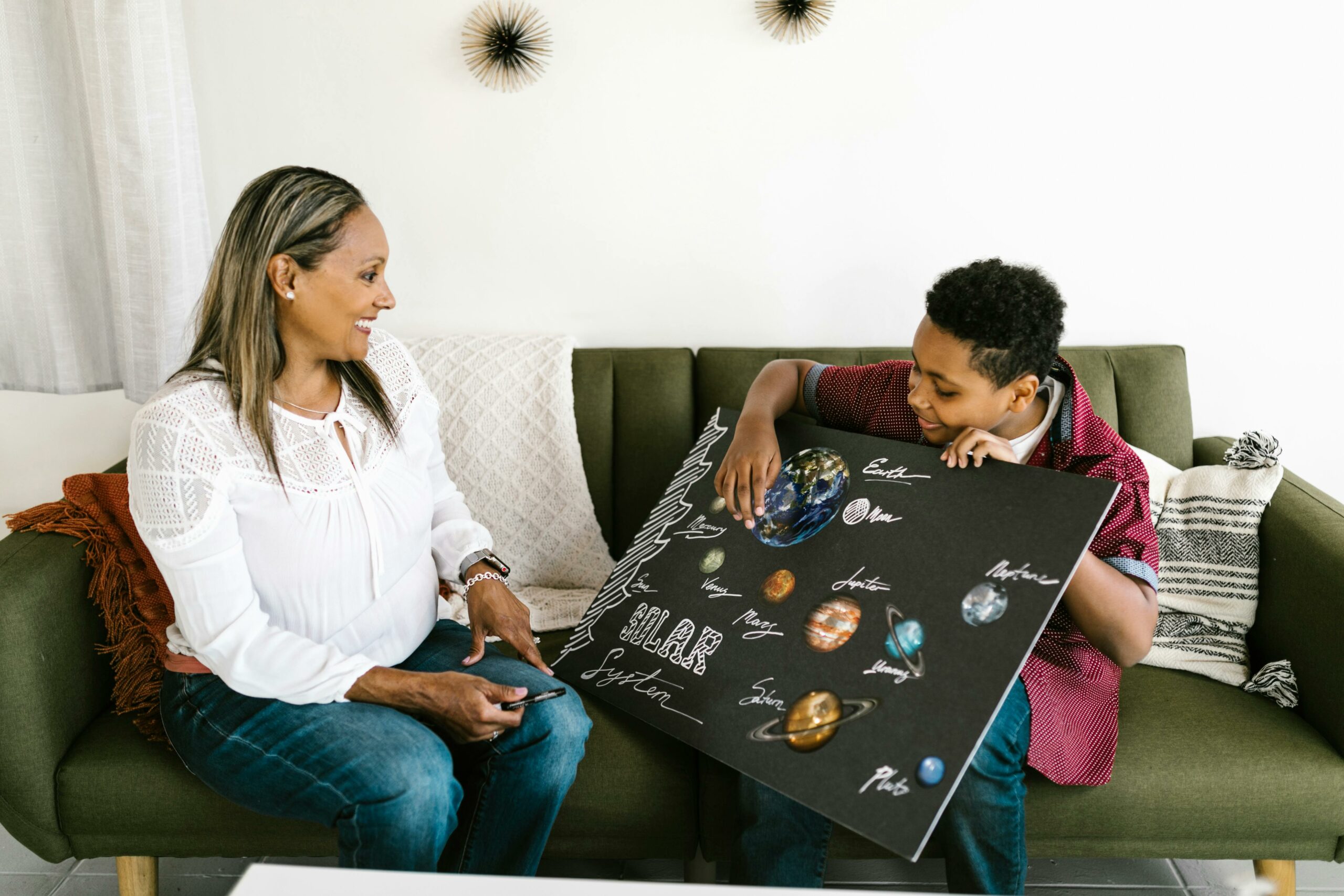
For most parents and children, the start of a new school term can be very stressful. Kitting out your child in school uniform is costly, and stationery does not come cheap either.
While some schools spare parents the hassle of long queues at shops by providing these and adding the costs to the child’s account, others, especially public schools, still leave the task to parents. However, once all the necessities have been bought, parents and kids face another year of homework, sports meetings, swimming galas and other extramural events.
As a parent or guardian, your involvement in the academic life of your child is crucial, not only for their success but also for their commitment to working hard. And that means getting to know and working together with your child’s teacher. As such, education specialists advise building a good relationship with your child’s teacher from day one.
‘It is essential that you and your child’s teacher work as a team in supporting the development of your child. This becomes even more important if your child has any special needs and/or if any contextual factors could impact your child’s functioning in the classroom. ‘For example, if your child has a diagnosis such as ADHD (Attention Deficit Hyperactivity Disorder) or dyslexia, the teacher will need to support in certain ways: seating the child closer to her, making sure homework is written down or sending this to the parents,’ says educational psychologist Dr Brenda van Rooyen.
Zinzi Tom, whose son was diagnosed with dyslexia, a learning disorder that affects the ability to read, spell, write and speak, would call his teacher at the start of every year to let them know about her son’s condition, what could be sources of conflict and what helped both of them enjoy the bond. ‘I’ve lived with my son from day one and he taught me a lot along the journey. I felt it best to work closely with his teachers so we could help him reach his potential.
My son is now a published author, and has written two books!’ says Zinzi. Brenda adds that it’s also important to be open to teacher observations and recommendations. ‘Teachers spend many hours with your child and do specific types of activities with them in a group setting. They may therefore see behaviours that you do not see, which could lead to learning difficulties. Working together as a team, you and the teacher can optimally support your child,’ she says.

How to manage stress
Young children have limited ability to manage overwhelming stress. Tension at home, loss of a family member, the arrival of a sibling, changing schools or moving into a new neighbourhood are the most common sources of stress. Stress is a normal part of childhood development. Brenda believes that having a clear communication line between parents and teachers is essential in supporting the management of stress. ‘Create a calm, connecting space every day for your child to speak through the happenings of the day. Find your own way of doing this – some children enjoy talking while bathing, while others love to lie with a parent at night and speak about their day.
If your child is more reserved, it can help to model and create a space for talking at the dinner table like: ‘What was the best thing that happened today? What was difficult for you? What made you feel good?’ Parents and children do this together, with parents taking care to make their contribution appropriate and not off-load adult stressors on a child. ‘You can also practise full-body relaxation and breathing techniques with your child, keeping it short for younger children. This can help as a life skill. Apps such as Headspace have practices for children,’ advises Brenda.

Homework is often a source of conflict
Education psychologists suggest fun ways to do homework together with your child. ‘Give your child some time, at least 30 minutes, to decompress after school,
for example, have a snack, change into comfortable clothing and play a little (ideally not electronics, as this can become absorbing and difficult to stop if they become engaged).
Other valuable tips
- Get your child to play teacher and teach you how to do maths that has been learned.
- Create space for a ‘reward’ in their currency once homework has been done, e.g. an hour on their tablet, if this is something they would value.
- Be sensitive to your child’s sensory needs. Some children focus better if there is a neutral background sound, while others prefer working in silence.
- Try not to do homework with younger children too late in the day.
- Create a dedicated quiet spot where they can do their homework.
- Make a list of upcoming assignments/tests and hang these where you can see them. You can also hang some nice motivational quotes.
- Break homework up into chunks, which may vary depending on your child’s stamina and focus, e.g. 20 minutes of work, 5 minutes to stretch, move and breathe.
- Hire a private tutor to help your child with certain subjects and homework on certain days, if you prefer.
- Limit screen time; most schools ban the use of phones on their premises. At home, it’s important to also reduce screen time.
Bullying
Parents need to teach and model kindness and good manners. It is okay to ask for help from the school when you realise that your child is being bullied. If this does not get resolved, speak to a doctor or psychologist to help you and your child deal with the trauma.
Originally published for print in BONA Magazine
Writer: Johana Mukandila
Also see: Children need to be equipped for life beyond the classroom




